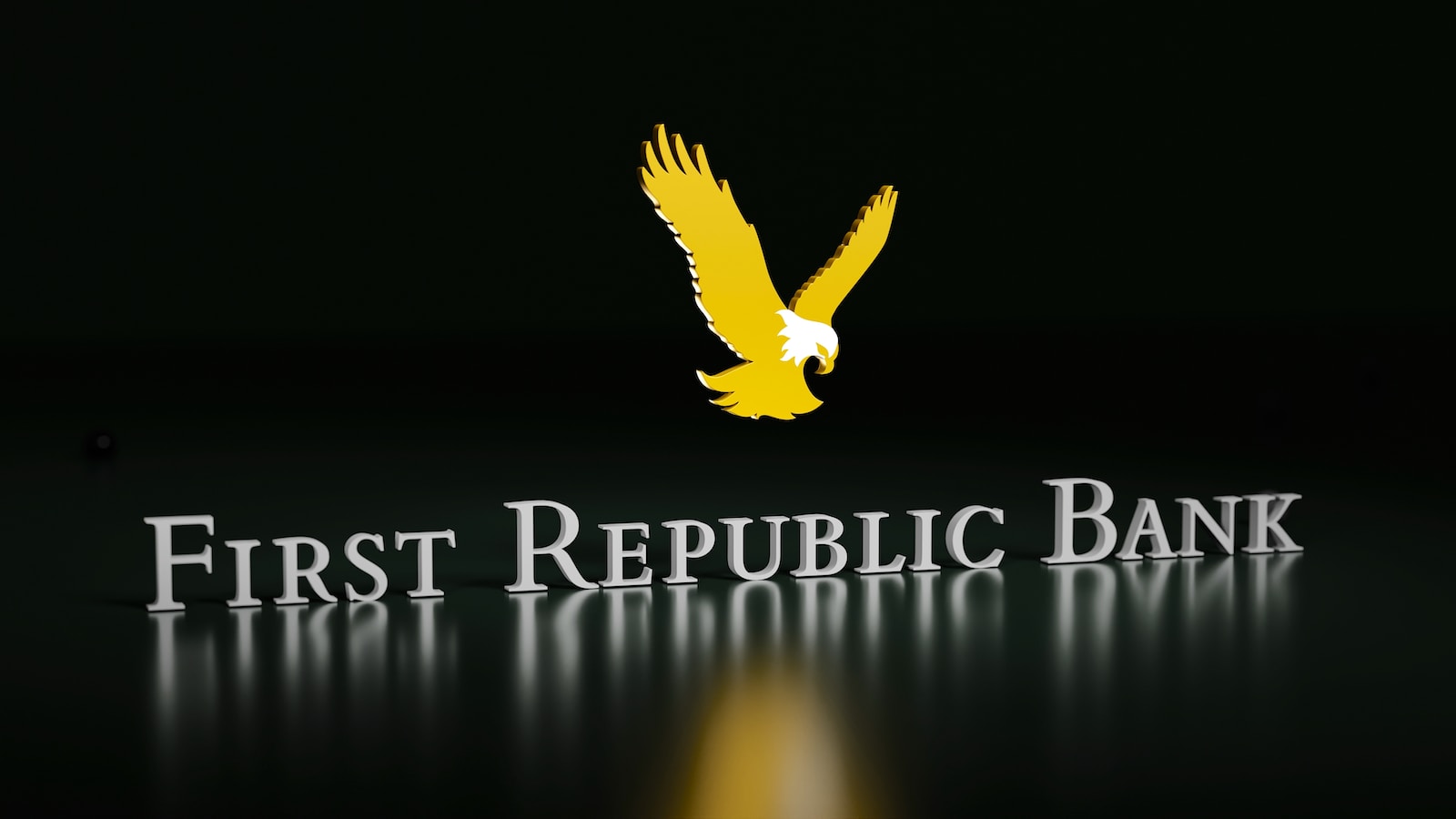Hello there, fellow financial enthusiasts! I’m Sarah Financials, your trusted guide to ethical spending and responsible financial management for the past four years. Today, we’re going to delve into the intriguing world of financial consultancy, and more importantly, the vital concept of maintaining integrity in this field. Buckle up, because we’re about to embark on a journey filled with wisdom, anecdotes, and a dash of my trademark humor.
The Importance of Integrity in Financial Consultancy
When it comes to managing money, integrity is the cornerstone upon which trust is built. In the realm of financial consultancy, this principle is even more crucial. Clients rely on financial consultants to provide expert advice, make sound investment decisions, and safeguard their financial well-being. Without integrity, this trust crumbles faster than a cookie in the hands of a toddler.
But what exactly does integrity mean in the context of financial consultancy? It means acting honestly and transparently, prioritizing your clients’ best interests, and resisting the temptation to put personal gain before theirs. In simpler terms, it’s doing the right thing, even when no one’s watching (except, of course, the IRS).
Avoiding Conflicts of Interest
One of the key challenges in maintaining integrity as a financial consultant is avoiding conflicts of interest. Imagine this scenario: you’re advising a client on investment options, and one of those options happens to be a product that would earn you a hefty commission. Tempting, right? But here’s where integrity comes into play.
To maintain your integrity, you should always disclose any potential conflicts of interest to your client. It’s about being upfront and transparent about your financial incentives, even if it means recommending a product that won’t line your pockets as much but is better suited to your client’s needs. Remember, your clients are entrusting you with their financial future, and trust is easily shattered if they feel you’re putting your interests ahead of theirs.
Know Your Client (KYC)
One of the fundamental principles in financial consultancy is the Know Your Client (KYC) rule. KYC involves gathering and verifying essential information about your client to ensure you can offer them the most appropriate financial advice. This not only helps you provide tailored solutions but also prevents potential conflicts of interest.
Let’s say your client is a retired schoolteacher with a moderate risk tolerance. Recommending high-risk, high-reward investments might not align with their financial goals or comfort level. In such cases, integrity dictates that you should steer them towards investment options that are better suited to their situation. Remember, it’s not about what earns you the biggest commission; it’s about what’s in your client’s best interest.
The Role of Fiduciary Duty
Now, let’s talk about fiduciary duty—the gold standard of integrity in financial consultancy. A fiduciary duty means you have a legal and ethical obligation to act solely in your client’s best interest. It’s like being the financial Batman to your client’s Gotham City.
When you have a fiduciary duty, you’re not just providing advice; you’re making a commitment to put your client’s needs above all else. This means diligently researching investment options, providing unbiased recommendations, and continuously monitoring their financial portfolio. It’s a bit like being a financial guardian angel, but without the wings.
Case Studies in Integrity
To illustrate the importance of integrity in financial consultancy, let’s take a look at a couple of real-life case studies.
Case Study 1: The Tale of Two Advisors
Imagine two financial consultants, Alice and Bob, working with the same client, Jennifer. Alice is a paragon of integrity, while Bob, not so much.
Jennifer inherited a substantial sum and sought advice on how to invest it wisely. Alice, aware of Jennifer’s financial inexperience, took the time to educate her, thoroughly explained various investment options, and recommended a diversified portfolio that aligned with Jennifer’s long-term goals. Alice didn’t push any high-commission products.
On the other hand, Bob saw Jennifer’s inheritance as a golden opportunity to earn big commissions. He recommended a high-risk investment product that promised sky-high returns. Jennifer, trusting Bob’s expertise, went ahead. Sadly, the investment crashed, leaving Jennifer in financial distress.
In this case, Alice’s integrity not only preserved Jennifer’s wealth but also earned her a loyal client for life. Bob, on the other hand, lost Jennifer’s trust and her business, all because he put his interests ahead of hers.
Case Study 2: The Ethical Dilemma
Let’s consider a more complex scenario. Imagine you’re a financial consultant working for a prestigious firm, and your boss encourages you to push a certain financial product that has generated massive profits for the company. However, upon closer inspection, you discover that this product isn’t in the best interest of your clients due to its hidden fees and low returns.
Maintaining your integrity in this situation can be challenging, especially if your job is on the line. However, choosing to prioritize your clients over company profits is the epitome of ethical behavior in financial consultancy. You might risk your job, but you’ll gain something far more valuable: a reputation for unwavering integrity.
Conclusion
In the world of financial consultancy, integrity isn’t just a buzzword; it’s the linchpin that holds the entire profession together. Clients trust financial consultants with their life savings, retirement plans, and financial dreams. To betray that trust for personal gain is not only ethically wrong but also potentially illegal.
As financial consultants, our role goes beyond mere numbers and transactions. It’s about building relationships based on trust, transparency, and ethical conduct. In the long run, integrity is not just the right path; it’s also the one that leads to success, client satisfaction, and a clear conscience. So, remember, my fellow financial enthusiasts, when it comes to financial consultancy, always keep your integrity intact—it’s your most valuable asset.
That’s all for today’s dive into maintaining integrity in financial consultancy. Until next time, keep your financial compass pointing true north, and may your investments be as solid as a dollar bill (before inflation, of course).
